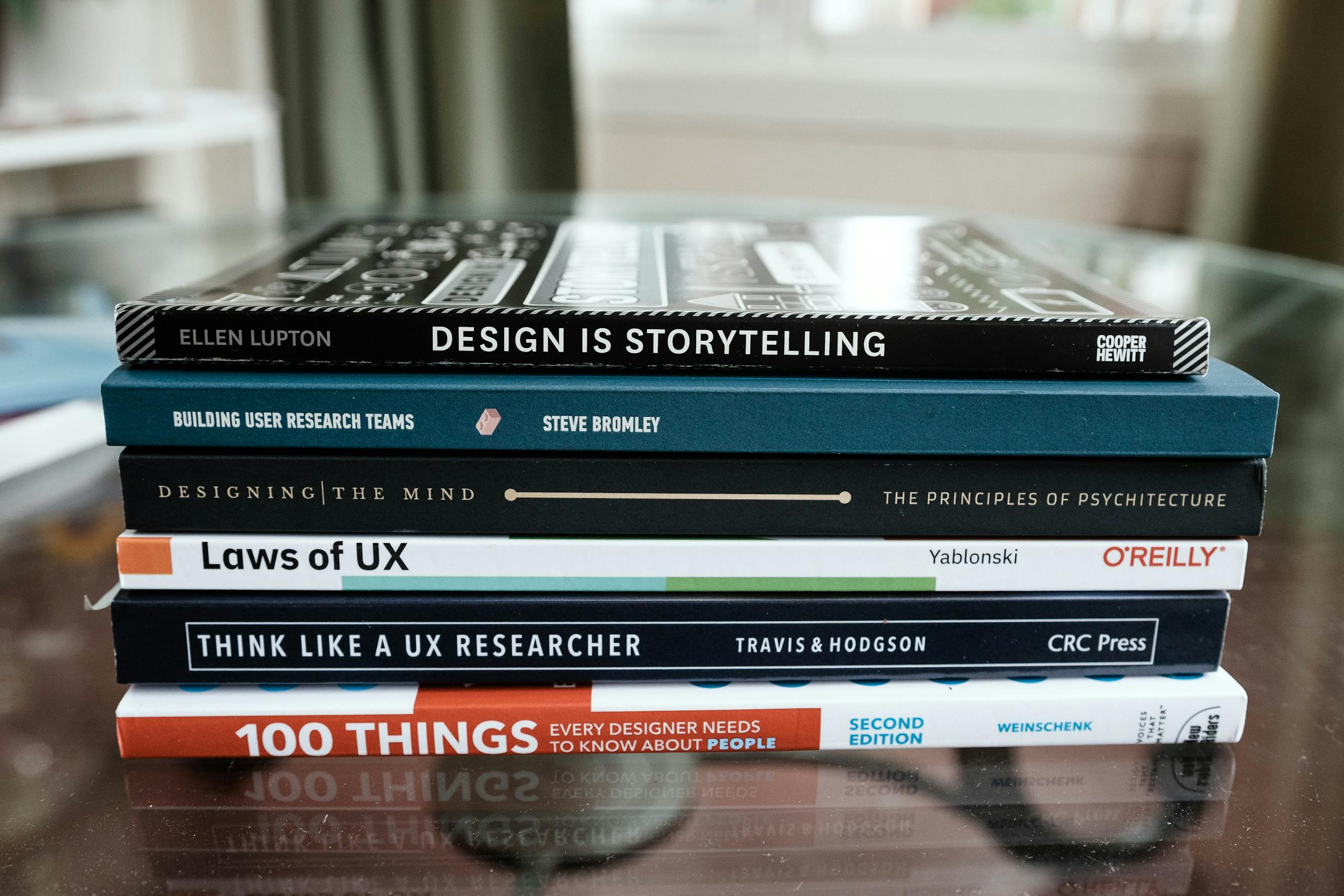How Learning a New Language Boosts Your Mental Skills 🧠📚
Imagine giving your brain a complete workout—without hitting the gym. That’s what happens when you start learning a new language. It’s not just about memorizing words or mastering pronunciation; it’s a deep, stimulating process that rewires how you think, feel, and respond. In a time when mental agility is more valuable than ever, picking up a second language offers one of the most comprehensive boosts to your cognitive toolkit. From memory retention to emotional resilience, the benefits are real, measurable, and incredibly empowering.
Whether you’re drawn to Spanish for travel, French for flair, or Korean for K-pop, the journey goes beyond language—it taps into the essence of how your brain works. Learning a new language can transform how you process information, how you empathize with others, and how you solve problems. This article dives into how language acquisition influences your brain and enhances mental performance. Plus, we’ve included useful resources and communities that can help you start your linguistic adventure today. 🧠✨
How to Develop Your Mental Skills
Developing your mental skills is about consistency, challenge, and curiosity. Begin by engaging in activities that push your brain to think differently—like learning a new language, solving puzzles, or reading thought-provoking books. Practice mindfulness to improve focus and reduce stress, and don’t underestimate the power of rest and good nutrition for cognitive performance. Set small, measurable goals like learning five new words a day or completing a short article in another language. Over time, these habits compound, resulting in better memory, sharper thinking, and increased resilience in tackling complex problems.
1. Improves Short- and Long-Term Memory
Learning a language isn’t passive—it’s active recall at its best. Whether you’re revisiting verb conjugations or practicing new vocabulary, your brain is constantly retrieving and reorganizing data. This boosts both short-term and long-term memory. A NIH study confirmed that bilingual individuals have stronger memory capacity than monolinguals.
As you progress in your language learning, this enhanced memory spills into other parts of life—like remembering directions, appointments, or even what you need from the grocery store. 🧾🧠
2. Trains Cognitive Flexibility and Decision-Making
Being bilingual means constantly switching between languages and cultural contexts. This switching strengthens the brain’s executive control center, responsible for cognitive flexibility. In practice, this means you become quicker at shifting between tasks, making decisions, and adapting to new situations. According to Cambridge University researchers, bilinguals are better at filtering out irrelevant information and focusing on what matters most.
Thinking in two (or more) languages helps you see problems from different angles. That’s a major asset in both everyday life and high-stress environments like business or academics.
3. Builds Laser-Sharp Focus and Attention
Learning a new language demands uninterrupted concentration. From listening to unfamiliar sounds to decoding sentence structures, the brain becomes trained to focus deeply. A study published in Frontiers in Psychology found that bilinguals outperform others on attention control tasks.
This kind of mental discipline translates into better productivity, especially in multitasking environments. If you’re someone who easily loses focus, language learning might be the perfect remedy. 🔍📘
4. Enhances Emotional Intelligence
When you learn another language, you’re also learning another way to view the world. Idioms, gestures, and social cues differ across cultures, and mastering them requires sensitivity and awareness. This enhances your emotional intelligence—your ability to understand and manage your own emotions, and empathize with others.
Such skills are crucial in leadership roles, relationships, and teamwork. Language learners often report improved self-awareness and better communication even in their first language. 🌍💬
5. Delays Aging and Cognitive Decline
Perhaps one of the most exciting benefits is neurological protection. Studies from institutions like Alzheimer’s Society UK suggest that bilinguals experience delayed symptoms of Alzheimer’s and other forms of dementia.
Why? Constantly using multiple languages stimulates more brain regions, keeping the mind active and healthy. So if you’re thinking long term, language learning is a mental investment with lifelong returns. 🧓🧠
6. Encourages Continuous Growth and Curiosity
Learning a language isn’t a one-time event; it’s a journey that fosters curiosity and a love for learning. It builds perseverance, adaptability, and self-confidence—traits essential for personal growth. And the benefits go beyond the brain: they influence your career, friendships, and global understanding.
Start your journey with the Dutch WhatsApp Channel or join our language learning group to stay consistent and motivated. 🚀
7. Free Tools to Get You Started
Want to begin your brain-boosting adventure? Here are some helpful tools:
- Duolingo – Gamified learning experience
- Memrise – Native speaker videos and vocab practice
- Babbel – Lessons built by linguists
- Seif WhatsApp Community – Meet others learning with you
Also, don’t miss out on our TikTok channel for entertaining and educational language content! 🎥
Conclusion
Language learning is one of the most powerful ways to strengthen your mind. It enhances memory, attention, and emotional intelligence while keeping the brain youthful and active. Whether you’re learning for fun, career, or self-growth, each word you master is an upgrade for your brain. Start your journey today and join a community that celebrates growth, curiosity, and multilingual mastery. 🌟


